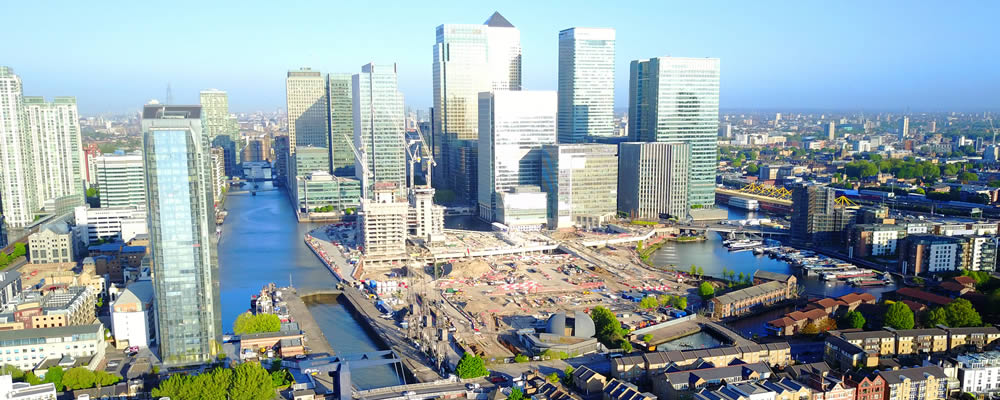The Pound Euro (GBP EUR) exchange rate slumped by over half a cent this morning as the UK releases the final reading for its second quarter GDP.
Pound (GBP) Weakened by Economic Data
Sterling saw a sharp decline this morning as investors were underwhelmed by the slew of UK economic data released this morning, with markets being particularly concerned by Britain’s latest GDP figures.
According to data published by the Office for National Statistics (ONS) the UK economy grew 0.3% as expected in the second quarter, however it was the annualised figures that were disconcerting for investors as the final figures saw annual growth unexpectedly revised down from previous estimates of 1.7% to 1.5%.
This was the slowest pace of annual growth since 2013 and appeared to be mostly driven by a slowdown in service sector growth at the end of the second quarter, with 80% of the UK economic growth attributed to the sector a 0.2% decline in service activity for the month of July undoubted weakened the UK’s economic prospects.
Adding to Sterling’s woes this morning was the release of the Britain’s current account figures, with traders dismayed by an unexpected rise in the current account deficit as it grew from £22.3bn to £23.2bn in the second quarter, falling well behind forecasts that the deficit would have shrank to £16bn.
The downbeat data also prompted investors to largely overlook comments by Bank of England Governor Mark Carney earlier this morning in which he gave his strongest hints to date that the bank may vote to raise interest rates in November.
In an interview with BBC Radio 4 Carney said;
‘If the economy continues on the track that it’s been on, and all indications are that it is, in the relatively near term we can expect that interest rates will increase.’
Euro (EUR) Bolstered by German Employment Data
Meanwhile the Euro was strengthened this morning by Germany’s latest employment data as the nation’s jobless rate fell to a new record low.
Data published by Germany’s Federal Labour Office showed that the domestic unemployment rate fell from 5.7% to 5.6% in August, its lowest level since German reunification in 1990.
Investors were pleasantly surprised by the data as the jobless total fell by 23,000 to 2.506 million easily beating expectations of a more modest drop of 5,000 as it was aided by uptick in
Joerg Zeuner, chief economist at KfW said;
‘The economic cycle in Germany is moving toward its peak stage and that’s giving the labour market a further boost.’
GBP EUR Forecast:
Looking ahead to next week the GBP EUR exchange rate start the session on the back foot as economists forecast that the UK’s manufacturing PMI will have fallen from 56.9 to 56.4 in September.
Meanwhile an expected fall in the Eurozone unemployment rate may further bolster the Euro on Monday, with analysts predicting that the jobless rate slid from 9.1% to 9% in August.
Current Interbank Exchange Rates
At the time of writing the GBP EUR exchange rate was trending around 1.1337 and the EUR GBP exchange rate was trending around 0.8820.



